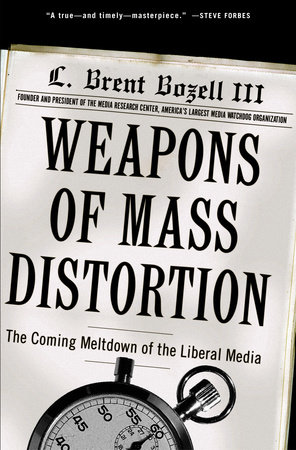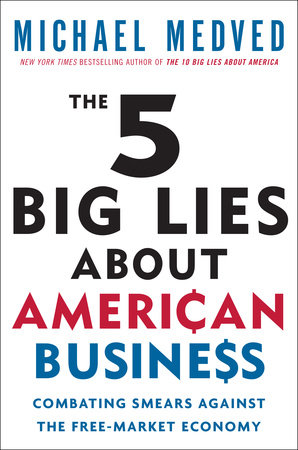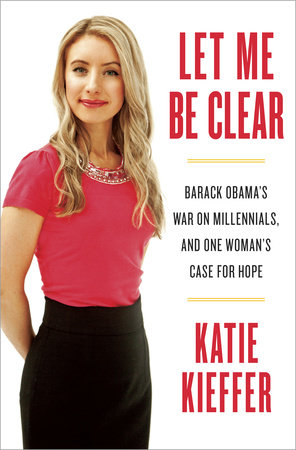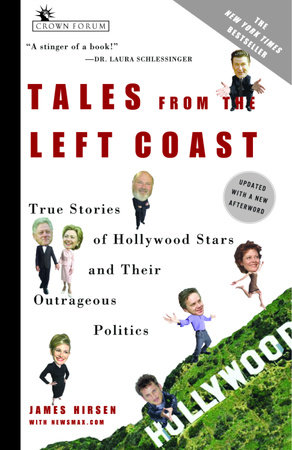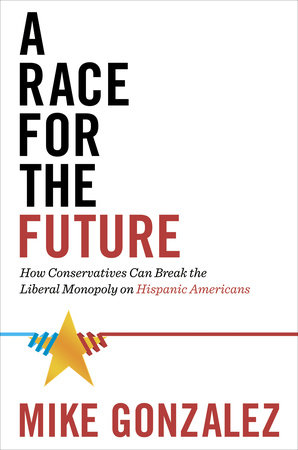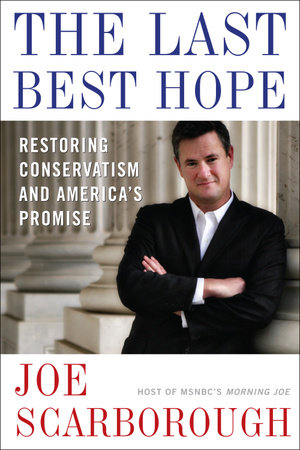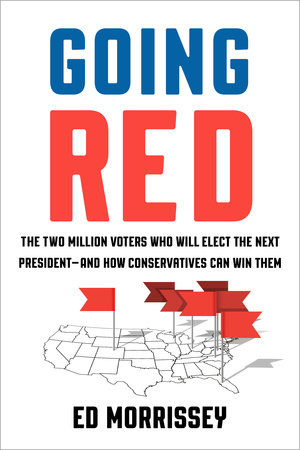HOW CAPITALISM WILL SAVE US
Why do you think books and movies critical of capitalism — like Michael Moore’s movie Capitalism: A Love Story – resonate with so many people?
We’re just been through a historic economic trauma, the likes of which we haven’t seen in decades. Most people alive today were not around during The Great Depression. Events like Bernard Madoff’s multi-billion dollar scam and the collapse of Lehman Brothers, Bear Stearns and Morgan Stanley were also momentous. It looked like the system had failed.
Even before the meltdown, our culture has long been ambivalent about capitalism and free markets, for reasons we discuss in our introduction. The events of the past two years fed on those emotions and created a full-blown crisis of confidence in our economic system.
So, you don’t think capitalism has failed?
Just the opposite. No system has been more effective than capitalism in turning scarcity into abundance. Since the early 1980s – when pro-market reforms were instituted in the U.S. and around the world –up until the financial crisis that began in 2007, we saw an unprecedented explosion of prosperity. Tens of millions of people a year worldwide were joining the middle class. Between 2003 and 2007, the growth of the American economy alone exceeded the size of the entire Chinese economy.
Ironically, one reason for the enormity of the crash is that the amount of wealth created by our system is so immense. As economies become larger and more wealth is created, it’s no surprise that the scandals and the scope of losses would be larger. There’s no Lehman Brothers, for example, to collapse in North Korea. And Bernard Madoff would have no one to rip off in that country because no one has any money. Socialism and communism are no protection against economic turmoil – just ask the late Soviet Union, which collapsed into economic ruin.
Aren’t you suggesting that capitalism encourages the kind of excesses that caused the crash?
Not at all. A key point we make is that the economy’s worst historic failures have – in every case – been caused by massive policy errors by government. Not only the recent financial crisis, but the Great Depression, and the economic stagnation and inflation of the 1970s, were anything but the result of normal business cycles. Only regulations and policies affecting the entire national economy can produce the kind of trauma we’ve just seen.
Two examples: the Smoot-Hawley Tariff which brought on The Great Depression and the monetary policies that inflated the housing bubble that brought on the 2008 financial crisis and “Great Recession.” We’re not saying that the government was entirely to blame for that meltdown, but its actions and policies helped inflate the real estate bubble and fueled the mania in the financial markets.
So what do you think is the biggest misconception people have about capitalism?
In the book we look at a series of longstanding misconceptions that make up what we call “The Rap” on capitalism. A central one is that capitalism is driven by “greed.” Politicians, for example, just love using the G-word. In fact, the self-interest that drives entrepreneurs to meet the needs and wants of others in a democratic capitalist economy is the furthest thing from greed.
Far from being about greed and “exploitation,” democratic capitalism is about people coming together spontaneously in open markets to meet the wants and needs of others – and, in doing so, generating ever higher levels of broad-based prosperity. The freedom of America’s open markets – what we call its “iPod Economy” – is why the U.S. has consistently outpaced other nations in technology, job creation and opportunity.
Ok, I can buy the fact that capitalism creates jobs. But are you really serious when you state that capitalism is the ”most moral economic system”? What about all those layoffs and the rich getting richer. What’s so moral about that?
We discuss these and many other questions in the book. Regarding layoffs, they are undeniably painful. But if companies were unable to downsize in bad times, many would end up going out of business. Far more jobs would be lost. The flexibility of our system is why the U.S. has traditionally been a better job creator and –until the financial crisis – has had lower unemployment than European nations with rigid labor laws. As for the morality of the “rich getting richer,” we explain that the rich are society’s innovators and investors. They don’t just create wealth for themselves, but for everyone else. Societies that have banished or otherwise impaired their commercial class have seen their economies slide. Everyone loses. Is that moral? Besides, the rich are not a fixed, permanent group. Individuals are constantly gaining and losing substantial wealth.
Who loves capitalism more – Republicans or Democrats?
We provide examples of both Democrats and Republicans who have violated – as well as embraced – pro-market economic principles. Not only Ronald Reagan, but John Kennedy, Bill Clinton and George W. Bush, stimulated the economy through substantial cuts in tax rates. Richard Nixon and George W. Bush, both Republicans, violated free market principles by attempting to artificially boost the economy by printing too much money. In both cases, their meddling produced disaster. In Nixon’s case, such policies led to the stagflation of the 1970s. George W. Bush’s monetary policies helped produce the housing bubble that exploded, bringing on the financial crisis.
Isn’t government needed to solve problems like healthcare?
One of the surprises of this book is the counter-intuitive observation that government has exacerbated problems in healthcare, just as Fannie Mae and Freddie Mac helped create the housing crisis. The tax code and government involvement have led to today’s distorted system of “third party pay,” where corporations and not individuals are the primary buyers of healthcare. The system gives the illusion that much of healthcare is “free,” which stokes demand without increasing the supply, and inflates prices. Medicare and Medicaid also underpay doctors and hospitals to the tune of $90 billion – costs that are shifted to private patients.
Government solutions are generally sold by politicians as being “fair.” But more often what you get is politicization of a market – where certain groups, such as unions or corporations with savvy lobbyists, are favored.
In contrast, markets where there is less government intervention – for example, in food, clothing, and technology – you see the greatest abundance, the lowest prices. There’s the least dysfunction and the most fairness.
That’s why we called this book, How Capitalism Will Save Us. Allow the millions of people in free and open markets to harness their creative energies, and they always come up with ways to save us – solutions that even the smartest bureaucrat would never dream up.






